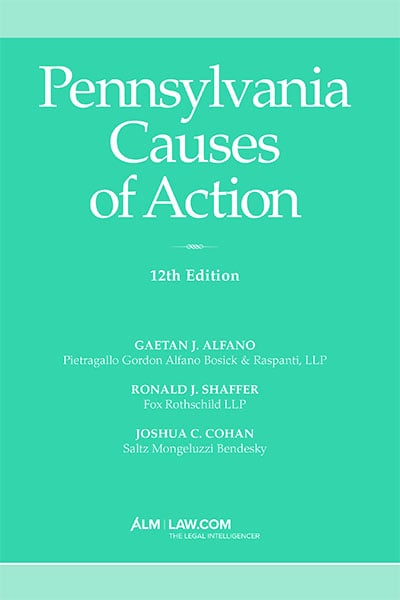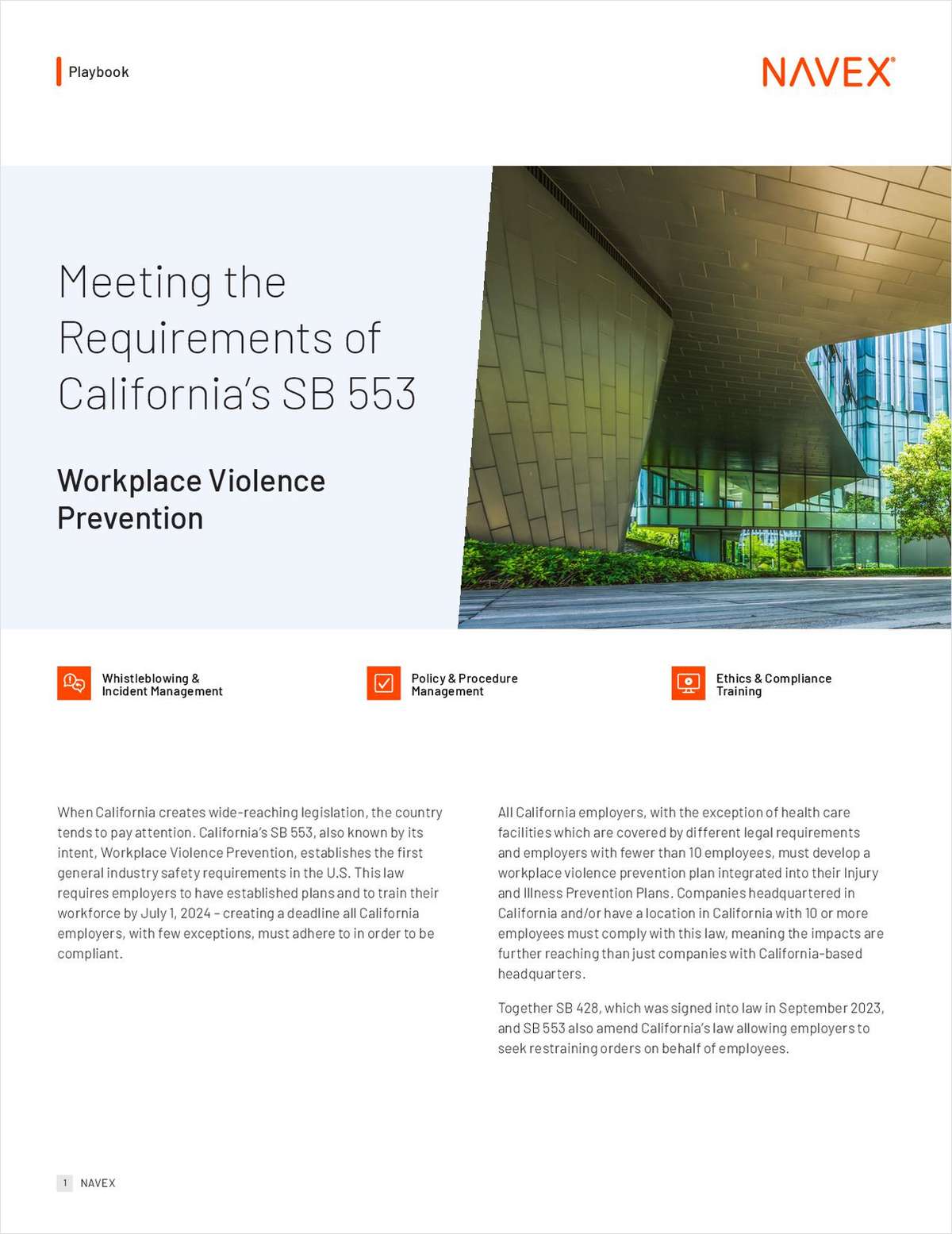0 results for 'undefined'

College gossip Web site targeted by New Jersey attorney general denies breaking law
TRENTON, N.J. AP - The college gossip Web site JuicyCampus.com has criticized a consumer fraud investigation launched by the New Jersey attorney general."JuicyCampus has not violated any laws," reads an unsigned statement posted on the Web site earlier this week. The statement also accuses the attorney general of interfering with users' free speech.
3rd Circuit Says Corporations May Take Info Requests 'Personally'
Lawyers for AT&T have won a court battle with the Federal Communications Commission over whether corporations are entitled to assert claims of "personal" privacy. The FCC argued that when Congress crafted the exemptions clauses of the Freedom of Information Act, it intended the phrase "personal privacy" to extend only to human beings. But AT&T claimed that FOIA specifically defines the term "person" to include corporations. The 3rd Circuit has ruled that AT&T had the better argument.
Proposed Changes to Patent Rules May Force Execs to Re-think Strategy
On Jan. 3, 2006, the U.S. Patent and Trademark Office gave notice in the Federal Register of significant proposed changes to its rules governing the practice of filing continuation patent applications, and executives may need to re-think their companies' patent strategy as a result.

Fractured Ankle Brings .1 Mil. Settlement
Safety and Wage Loss at Heart of CaseView more book results for the query "*"

The Federal Trade Commission is fighting a two-front battle against deals in which brand pharma makers pay generics to keep their products off the market. It seems to be making political headway, but on Tuesday the FTC took a big blow in court--partly because of some questionable litigation strategy.

Cal Law Welcomes a New Publisher
Brian Hunt succeeds Christopher Braun as publisher of The Recorder, Cal Law and GC California.
Medical Literature as Evidence: A Missed Opportunity
Andrew S. Kaufman, a partner at Kaufman Borgeest & Ryan, writes: New York is in a distinct minority of jurisdictions in which published medical literature is usable on cross-examination only if the opposing expert concedes it is authoritative. Given the desire of each party to introduce supporting literature and the opposing party's reluctance to have it admitted, a curious scenario has been created in which the vast majority of experts in New York prefer to deny that anything is authoritative.
New York University v. Arma Scrap Metal
Contracted Persons Exclusion Preclude Coverage of Injury Claims
New legislation would bolster attorney-client rights in investigations
Trending Stories
- 1Infant Formula Judge Sanctions Kirkland's Jim Hurst: 'Overtly Crossed the Lines'
- 2Preparing Your Law Firm for 2025: Smart Ways to Embrace AI & Other Technologies
- 3Mass. Judge Declares Mistrial in Talc Trial: 'Court Can't Accommodate This Case'
- 4It's Time Law Firms Were Upfront About Who Their Salaried Partners Are
- 5Greenberg Traurig Initiates String of Suits Following JPMorgan Chase's 'Infinite Money Glitch'
Featured Firms
Law Offices of Gary Martin Hays & Associates, P.C.
(470) 294-1674
Law Offices of Mark E. Salomone
(857) 444-6468
Smith & Hassler
(713) 739-1250
More from ALM
- Morgan & Morgan Class Action Attorneys Detail Pathway to Success Within Cybersecurity and Data Privacy Practice 1 minute read
- Holwell Shuster & Goldberg Partners Leverage 'Hostile' Witnesses to Secure $101 Million Verdict Against Walmart 1 minute read
- Legal Speak at General Counsel Conference Midwest 2024: Mike Andolina, Partner, White & Case 1 minute read
Resources

Data Management and Analytics: The Key to Success for Legal Operations
Brought to you by DiliTrust
Download Now

Small Law Firm Playbook: The Expert's Guide to Getting the Most Out of Legal Software
Brought to you by PracticePanther
Download Now

Strong & Hanni Solves Storage Woes--Learn How You Can, Too
Brought to you by Filevine
Download Now

Meeting the Requirements of California's SB 553: Workplace Violence Prevention
Brought to you by NAVEX Global
Download Now



